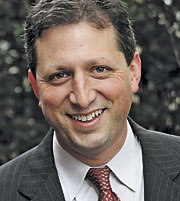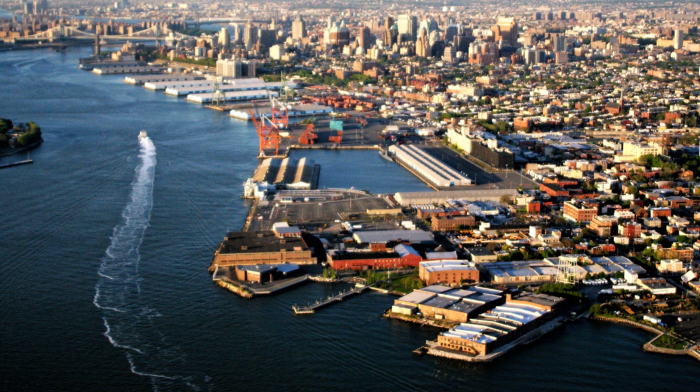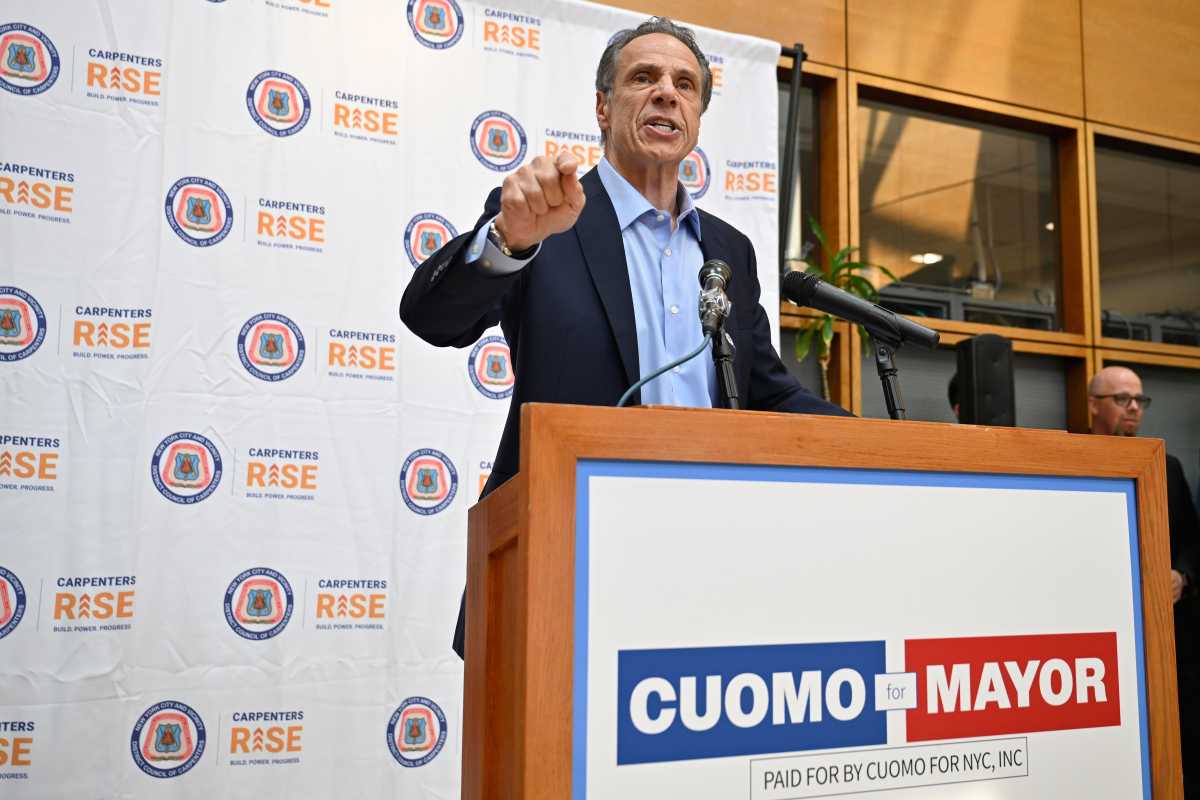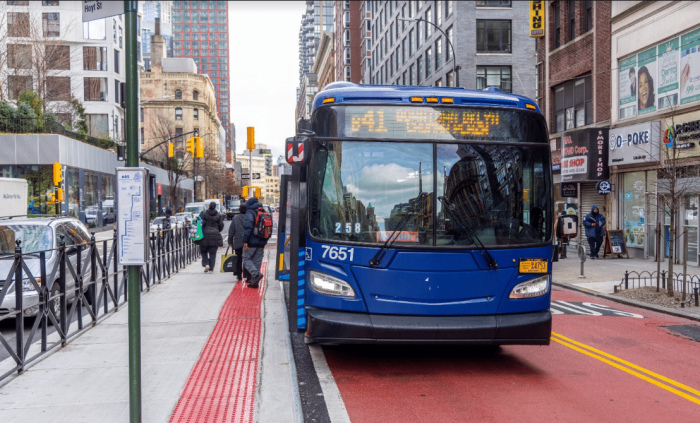If you were designing a way to collect commercial waste — that is, garbage from businesses — you could hardly come up with something worse than our current system. Today, in my district, 39 different waste haulers are collecting waste from businesses within a single zip code. These overlapping and inefficient truck routes cause unnecessary emissions, noise, traffic, and safety hazards on our local streets.
Recycling requirements for these haulers are very weak, so New York City lags far behind other cities for diversion, recycling, or composting rates in the commercial sector. The same is true for labor standards. As a result, many waste haulers cut corners when paying and training workers who have some of the most dangerous jobs in the city.
You might think the current system would at least help small businesses through price competition, but in fact, the opposite is true. A recent study by New York City found that on average, small businesses pay 38 percent more for waste services than larger corporations, and typically don’t receive incentives or discounts for taking the trouble to sort their recyclable waste from garbage.
Finally, a grossly disproportionate share of commercial waste from across the city is trucked into our neighboring Brooklyn communities of Williamburg and Bushwick, Sunset Park, and East New York — predominantly communities of color — only to be trucked back out of the city on its way to landfills.
A real mess, all around.
That’s why I joined the Transform Don’t Trash campaign back in 2013, calling for New York to move to a zoned system for commercial waste collection — modeled on a successful effort in Los Angeles. And it’s why I was thrilled when the DeBlasio administration and the Department of Sanitation announced their plan to adopt such a system last month.
The city’s new plan will create a rational, competitive structure for the commercial waste industry. The Department of Sanitation will divide the city up into districts. Through a competitive bidding process, the agency will select a single, accountable waste hauler for each commercial district. It’s worth noting that in other large cities like Los Angeles, this process has resulted in low prices and free recycling for business customers, who will in many cases pay less than their New York City counterparts and receive better service.
Our neighborhood will benefit through a dramatic reduction in the number of truck trips — with fewer emissions, less traffic, and fewer crashes. Higher standards for recycling will increase diversion and reduce the waste the city sends to landfills. Workers will be better protected by higher labor standards. Small businesses will see fairer pricing. And low-income communities of color will be less unfairly burdened by the high concentration of waste transfer stations.
That’s a win-win-win-win-win.
The anti-reform arguments being made by private waste hauling interests who prefer the status quo are red herrings. In order to win the right to serve a commercial zone, haulers will need to vigorously compete on price, customer service, and recycling practices, and the city will retain the right to penalize or replace hauling companies that do not live up to the new standards. Moreover, Commissioner Kathryn Garcia has stated that the city intends to create opportunities for local small- and mid-sized carters to successfully compete.
As Brooklyn communities and businesses continue to grow, we can’t afford to ignore a polluting, dangerous, and unsustainable waste system any longer. I applaud City Hall for embracing a smart policy and look forward to working with our diverse businesses, communities, and industry stakeholders to implement this new system in the coming years.
Councilman Brad Lander represents Brooklyn’s 39th District, covering Park Slope, Windsor Terrace, Kensington, Gowanus, Carroll Gardens, and Cobble Hill.

























